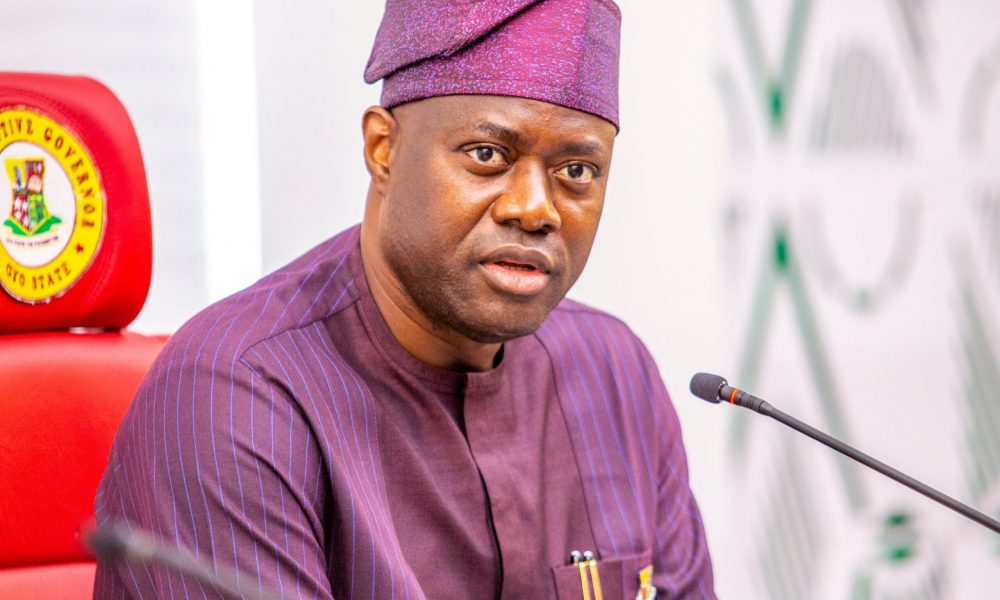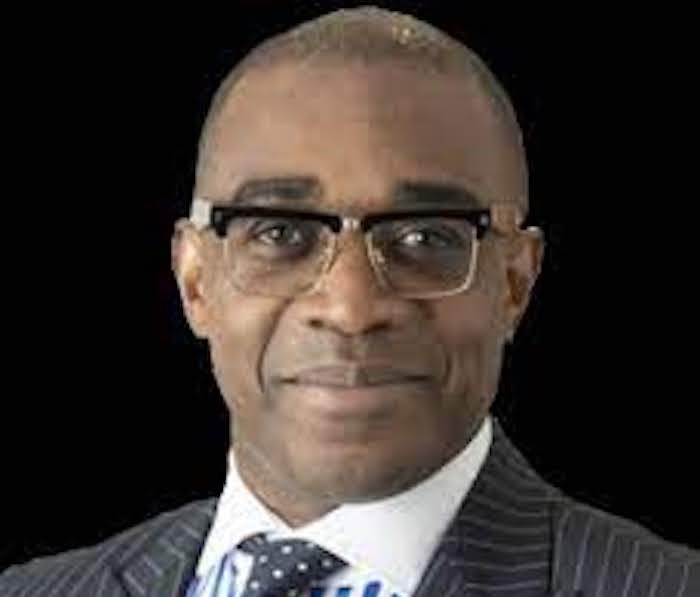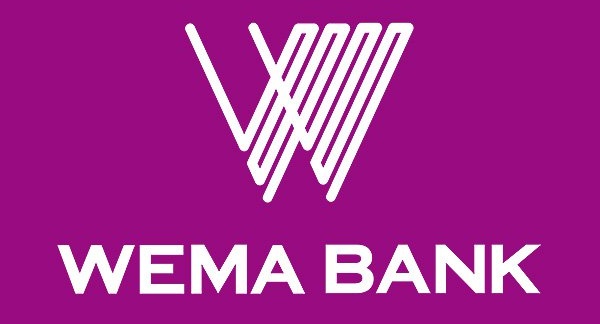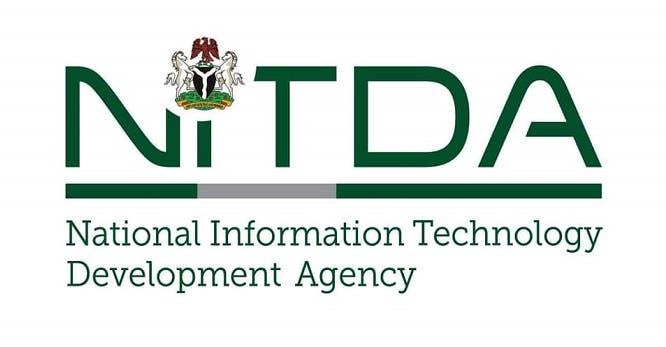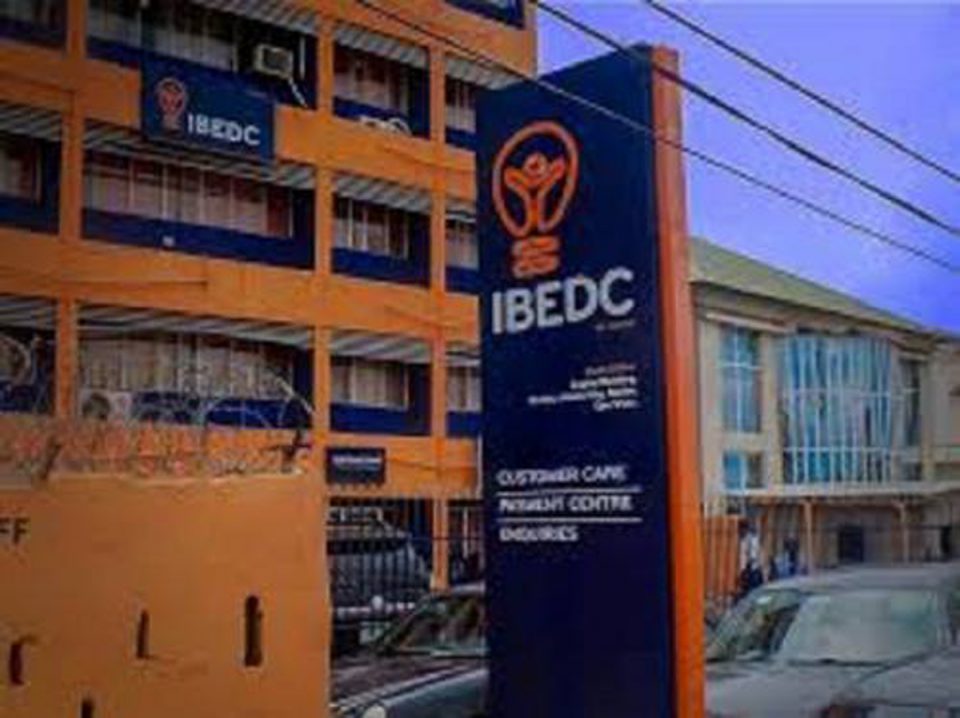
IBEDC Promises Customers Improved Service During Yuletide
The Ibadan Electricity Distribution Company (IBEDC) Plc has promised to provide its improved service during the Christmas holiday. The Managing Director of the power company,Engr. Kingsley Achife,gave the promise in a statement


